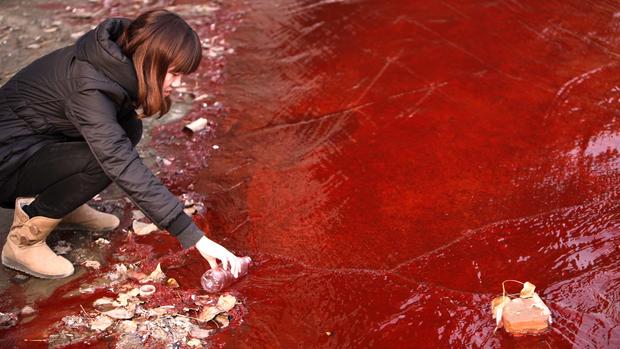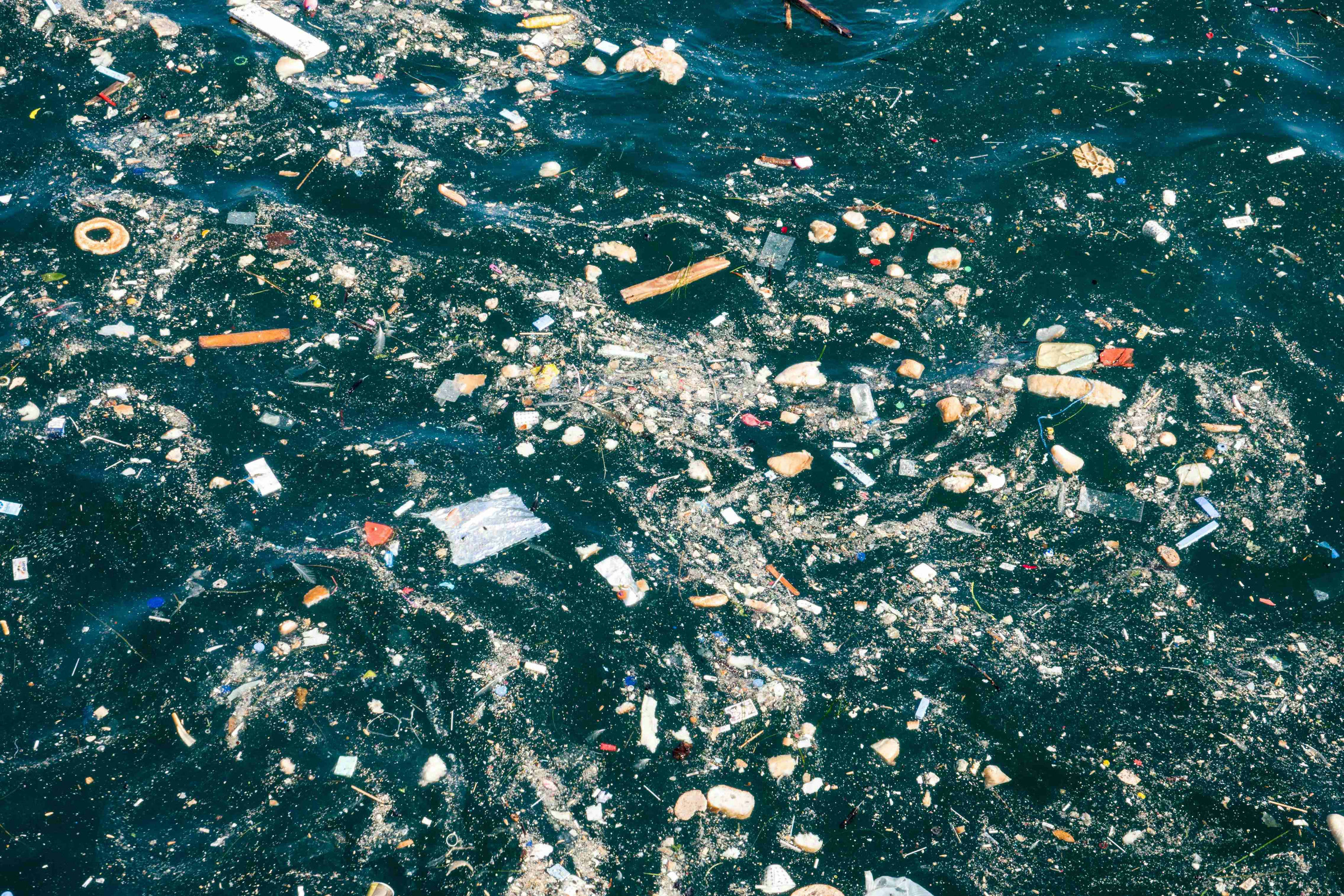Alternatives to straws that choke ocean life
Plastic straws are under attack.
From a proposed ban by the European Union to efforts by individual towns and companies, the ubiquitous sipping tools are being targeted for littering beaches and ocean beds and harming animals.
But the environmental effort comes in fits and starts. McDonald's (MCD), for instance, recently moved its plastic straws behind the counter in the U.K, a step toward phasing them out entirely in that country. Yet the fast-food chain recently resisted efforts to study the issue in the U.S., saying it's working toward having all its packaging from renewable or recycled sources by 2025. In the meantime, environmentalists estimate Americans use 500 million straws each day.
In Malibu, California, pasta is one restaurant's answer to a ban on plastic utensils, including straws, that takes effect Friday, June 1. But consumers concerned about plastic ending up in the nostrils or digestive tracks of marine life have other alternatives as well. The most obvious would be stop using straws entirely. But for those situations or drinks where a straw is desired, here are some suggestions:
Straws made of straw
In previous centuries, people used stalks of grain to sip beverages, and straws made of straw are still around, offering a biodegradable option to plastic straws. Harvest Straws, for one, touts its product as derived from non-GMO grain grown without chemicals. A package of 100 Hay Straws, made from the stems of wheat, retails for $8.
Then came paper
Patented in 1888, straws made of paper were mostly swapped out for plastic in the 1960s. Still, this old-school one-use alternative to plastic straws can be easily purchased, but not all are biodegradable. The nonprofit Lonely Whales For A Strawless Ocean campaign points to Aardvark Straws for being durable yet decomposing in 45 to 90 days.
Not just for pandas
Bamboo from sustainable forests is a reusable option, and a slew of companies make straws using the all-natural material. Bambu offers a set of six straws for $9.50, including a cleaning brush to wash them. Bambaw offers a 12 pack for €12.99, or $15.14.
Safe for kids?
Glass straws are another reusable and -- at least in theory -- durable alternative. Strawesome contends that under normal use, only a small number of its straws break each year. It also shows children using its straws on its website.
Heavy metal
Reusable straws also come in metal varieties, including stainless steel. Snowpeak bills its titanium straw as "the world's strongest and most durable." It retails for $17.95. On the other end of the cost spectrum, upscale straws made of sterling silver can be had for as little as $350 from Tiffany.






